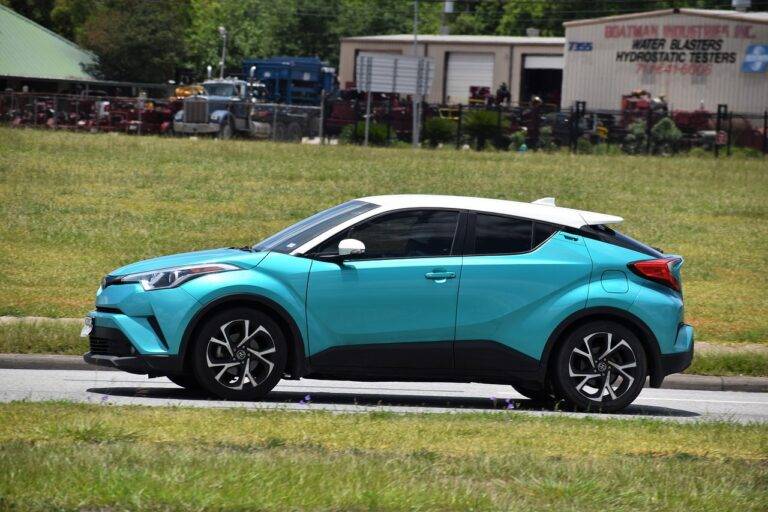Tech in Agriculture: Innovations Driving Agricultural Efficiency
The introduction of emerging technologies in farming has revolutionized the way agriculture is practiced globally. From robotic systems to drones, the integration of advanced tools has enabled farmers to improve efficiency, increase productivity, and reduce labor costs significantly. These cutting-edge technologies have not only streamlined farming operations but also enhanced sustainability practices within the agricultural sector.
One notable emerging technology making waves in the farming industry is precision agriculture. Through the use of sensors, GPS technology, and data analytics, precision agriculture allows for precise monitoring and management of crops, soil, and irrigation systems. This data-driven approach empowers farmers to make informed decisions in real-time, leading to optimized resource utilization and higher yields. As precision agriculture continues to evolve, it holds the promise of transforming traditional farming methods and shaping the future of sustainable agriculture.
Automation in Agriculture
Automation in agriculture is rapidly transforming the way farms operate, increasing efficiency and productivity. With the integration of advanced technologies such as drones, sensors, and autonomous vehicles, tasks that were once labor-intensive can now be performed with speed and precision. These technologies enable farmers to monitor crops, manage irrigation systems, and apply fertilizers with greater accuracy, resulting in higher yields and reduced environmental impact.
Moreover, automation in agriculture also plays a crucial role in improving sustainability within the industry. By utilizing data-driven insights and real-time monitoring, farmers can optimize their practices to minimize waste and conserve resources. This shift towards automation not only benefits the farmers by streamlining operations but also ensures the long-term viability of farming practices for future generations.
• Automation in agriculture is rapidly transforming the way farms operate
• Integration of advanced technologies such as drones, sensors, and autonomous vehicles
• Tasks that were once labor-intensive can now be performed with speed and precision
• Farmers can monitor crops, manage irrigation systems, and apply fertilizers with greater accuracy
• Higher yields and reduced environmental impact achieved through automation
Moreover, automation in agriculture also plays a crucial role in improving sustainability within the industry. By utilizing data-driven insights and real-time monitoring, farmers can optimize their practices to minimize waste and conserve resources. This shift towards automation not only benefits the farmers by streamlining operations but also ensures the long-term viability of farming practices for future generations.
– Utilizing data-driven insights for optimization
– Minimizing waste through automation
– Conserving resources for sustainable farming practices
– Ensuring long-term viability of farming practices
Precision Agriculture Solutions
The rise of precision agriculture solutions has revolutionized traditional farming practices by incorporating cutting-edge technology into agricultural processes. These solutions utilize data analytics, sensors, and automation to optimize crop production, minimize waste, and enhance overall efficiency. By leveraging real-time data on soil conditions, weather patterns, and crop health, precision agriculture allows farmers to make informed decisions with a high level of accuracy.
One of the key advantages of precision agriculture solutions is the ability to tailor farming practices to the specific needs of individual fields. By using GPS technology and drones for mapping and monitoring, farmers can create detailed field maps that highlight variations in soil composition, moisture levels, and nutrient requirements. This granular level of information enables farmers to apply resources such as fertilizers and pesticides more strategically, ultimately leading to higher yields and cost savings.
What are some examples of emerging technologies in farming?
Some examples of emerging technologies in farming include drones, precision agriculture tools, sensor technology, and robotic machinery.
How does automation play a role in agriculture?
Automation in agriculture involves the use of technology to perform tasks such as planting, watering, and harvesting crops without the need for human intervention.
What are some precision agriculture solutions that farmers can implement?
Precision agriculture solutions include GPS-guided tractors, soil sensors, weather monitoring systems, and data analytics software to optimize crop production and resource usage.
How can precision agriculture solutions benefit farmers?
Precision agriculture solutions can help farmers increase crop yields, reduce input costs, improve resource efficiency, and make more informed decisions based on data-driven insights.





